One of the most common issues with the Buick Cascada, or any newer GM vehicle, is the “Service StabiliTrak” warning.
StabiliTrak is GM’s electronic stability control system. It does much more than a standard traction control system. It is one of the most innovative and vital safety features on your Buick Cascada and can keep you from crashing when skidding.
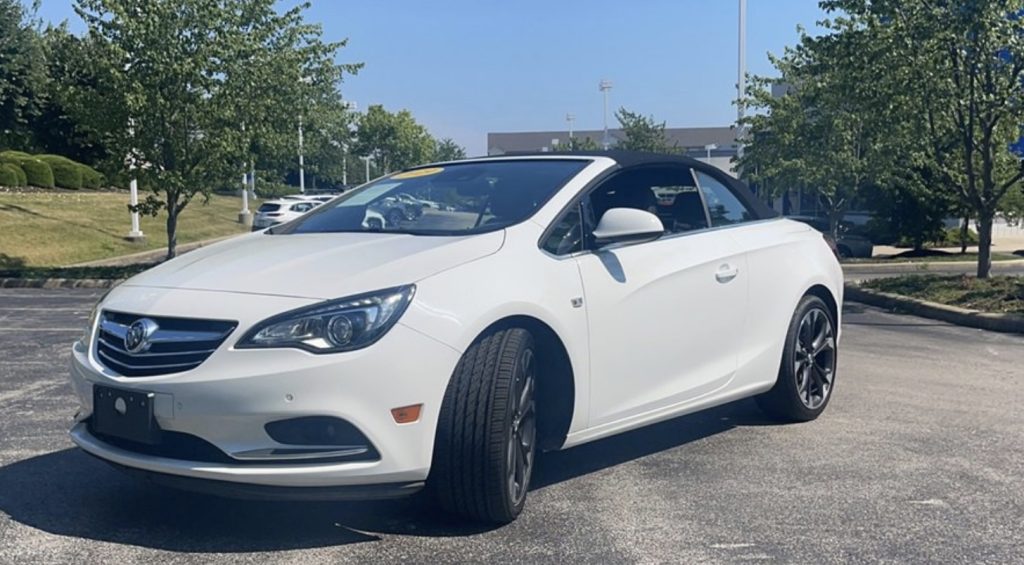
If you have a service StabiliTrak message, your car will no longer be assisted when a loss in lateral traction is detected.
The number one reason that the StabiliTrak system fails is a wheel speed sensor issue.
How The Stabilitrak System Works
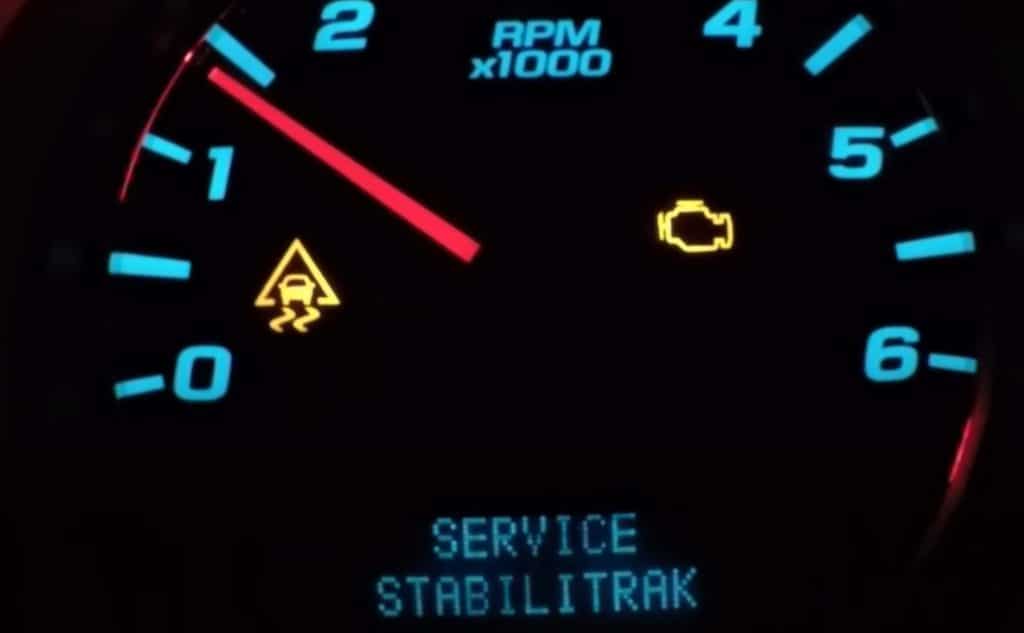
Stabilitrak uses a complex system of sensors to detect whether or not your Buick Cascada is appropriately responding to your input in emergencies.
StabiliTrak: Main Components
- Wheel speed sensors– They measure how fast each particular wheel is turning. There’s one on each hub.
- Rotation rate sensor– Measures lateral speed and rotation around the car’s centerline.
- Steering wheel position sensor– Measures how many degrees the steering wheel has been turned.
- Control Unit– Takes the data from the three sensors listed above and determines when to activate the StabiliTrak system. It can also tell the powertrain control module to cut engine power if needed.
- Hydraulic System– Can activate one brake at a time. Usually, it piggybacks off of the ABS.
How It Uses These Components
The StabiliTrak control unit uses data from its sensors to apply a specific brake or reduce the engine power to correct the slide and get your Cascada pointed back in the right direction.
For example, if your Cascada is sliding on ice, StabiliTrak can apply one of the rear brakes to help get you pointed in the right direction. Here’s a video from GM that shows precisely how the system works.
Service StabiliTrak Symptoms: Buick Cascada
Loss of StabiliTrak assistance is not going to be noticed during everyday driving. It only activates when it detects that your Cascada is not moving in the direction you steered or if it detects that a skid has been overcorrected. Most of the time, you’ll feel it when it engages.
- Service StabiliTrak Warning: Your Cascada’s “Service StabiliTrak” warning light is the number one indication that something is wrong.
- Cruise Control: If one of the wheel speed sensors is not working correctly, your Cascada may lose cruise control.
- Traction Control Not Working: Your Cascada’s traction control system primarily uses the same sensors to determine if a wheel has broken traction. Unlike StabiliTrak, which controls lateral issues (sliding), traction control keeps the wheels from unnecessary spinning. You may get a “service traction control” message and the “Service StabiliTrak” warning simultaneously.
Buick Cascada: Service StabiliTrak Light Causes
Many things can cause the StabiliTrak system to lose its ability to function, but the most common one is a wheel speed sensor. A good scanner should tell you which system has failed and is worth its weight in gold if you’re trying to fix your Cascada’s StabiliTrak system.
Wheel Speed Sensor
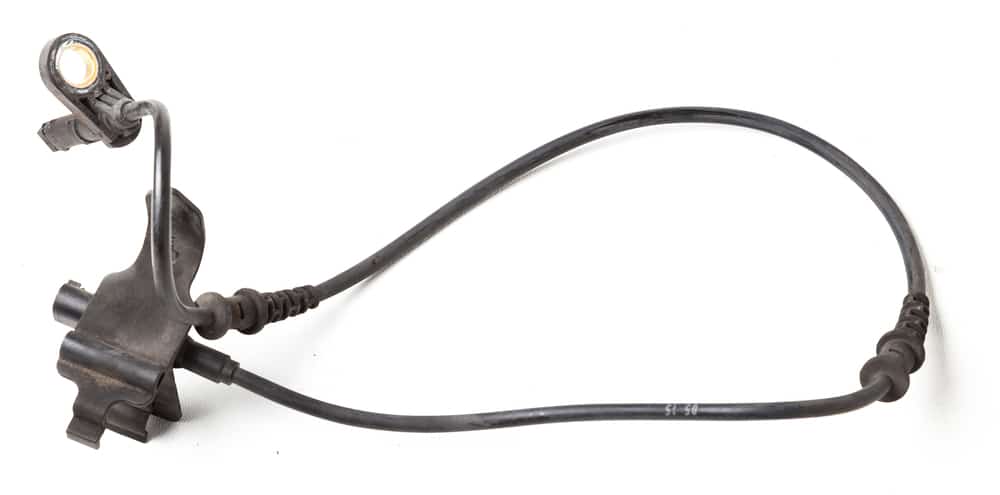
Wheel speed sensors are the number one reason that the StabiliTrak system fails.
If one of the wheel speed sensors is having issues, your Cascada will no longer be able to tell if all wheels are turning at the same speed. Without this data, the “Service StabiliTrak” warning will turn on.
Wheel speed sensors are exposed to road debris, mud, and salt. This can cause them to fail or their wiring harness to short out.
One telltale sign that the wiring harness to one of the front wheels is failing is the Service Stabilitrak warning when turning your Cascada to the left or right. This is because the harness moves a little while you turn, which can cause the wheel speed sensor to connect and disconnect intermittently.
Brake Pedal Switch
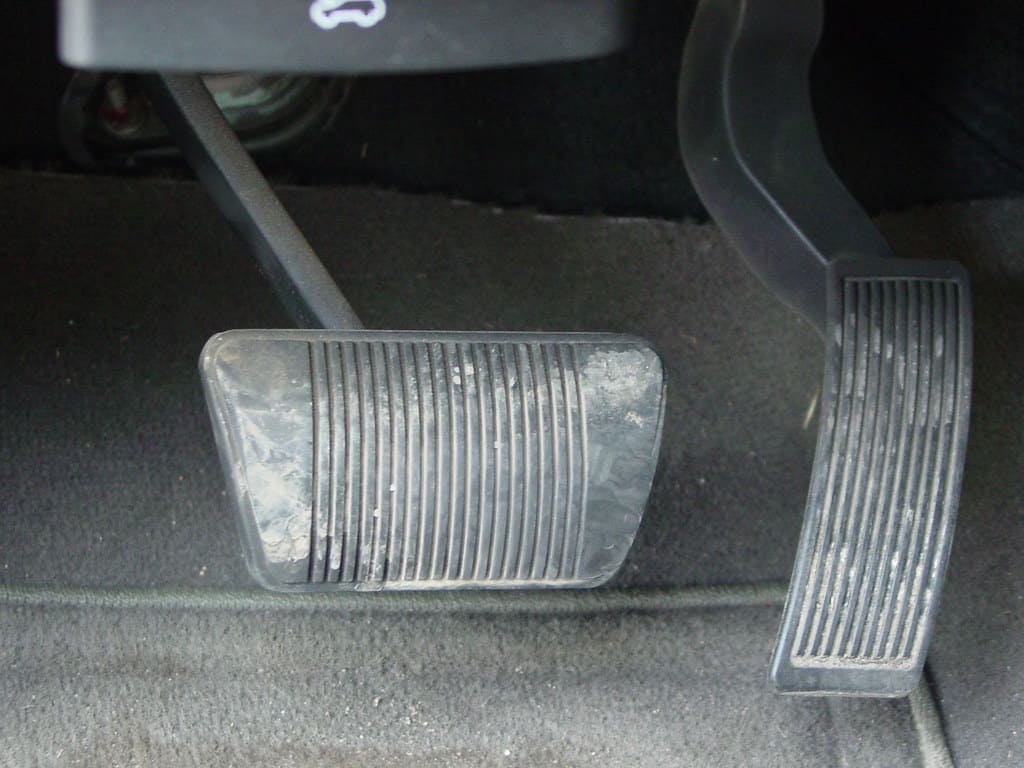
Your Cascada’s brake pedal switch does more than just control whether or not your brake lights are turned on. The ECU and StabiliTrak control units use this switch to know when you’re hitting the brakes. If the switch isn’t functioning correctly, these systems may be disabled.
Faulty Stability Control Module
The Stability Control Module is your Cascada’s computer that controls the StabiliTrak system. It may have failed or needs to be reset.
Wrong Tire Size
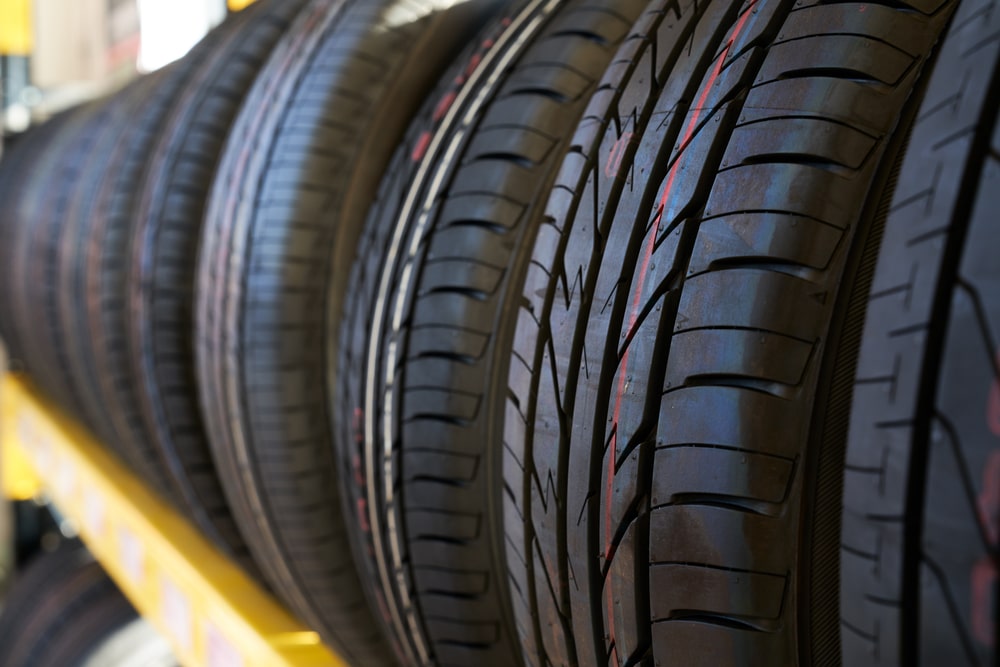
StabiliTrak may not work correctly if the tire size is not what GM calls for your model Cascada.
Many other less likely issues can cause the StabiliTrak system to stop working as well. It’s a good idea to test and see if you have any trouble codes. They may provide you with clues that’ll help you fix it.
Common Questions
How to Reset the StabiliTrak System
GM recommends that you power down the vehicle for 15 seconds to give the StabiliTrak system time to reboot. If it works after firing your Cascada back up, great! If not, it may be time to have it serviced.
Service Stabilitrak and Check Engine Light
While the StabiliTrak system won’t cause any engine problems when it has issues, you may get the service engine soon light with the “Service StabiliTrak” warning. There could very well be codes stored that can tell you what part of the traction control system has failed.
This is good news. The stored codes should give you a solid place to start fixing “Service StabiliTrak” in your Buick Cascada. You’ll need a good code reader that can read codes stored in the body control module.
Service Stabilitrak and the ABS Light
The ABS and StabiliTrak systems use the same wheel speed sensors. Fixing one will more often than not clear the other when you have the service Stabilitrak and ABS light on simultaneously.
Conclusion
Although it may be tempting to ignore the Service StabiliTrak warning, it can be dangerous not having the system available when needed.
While driving your Buick Cascada without traction control or StabiliTrak won’t cause a breakdown, you are operating your car without an important safety feature.
